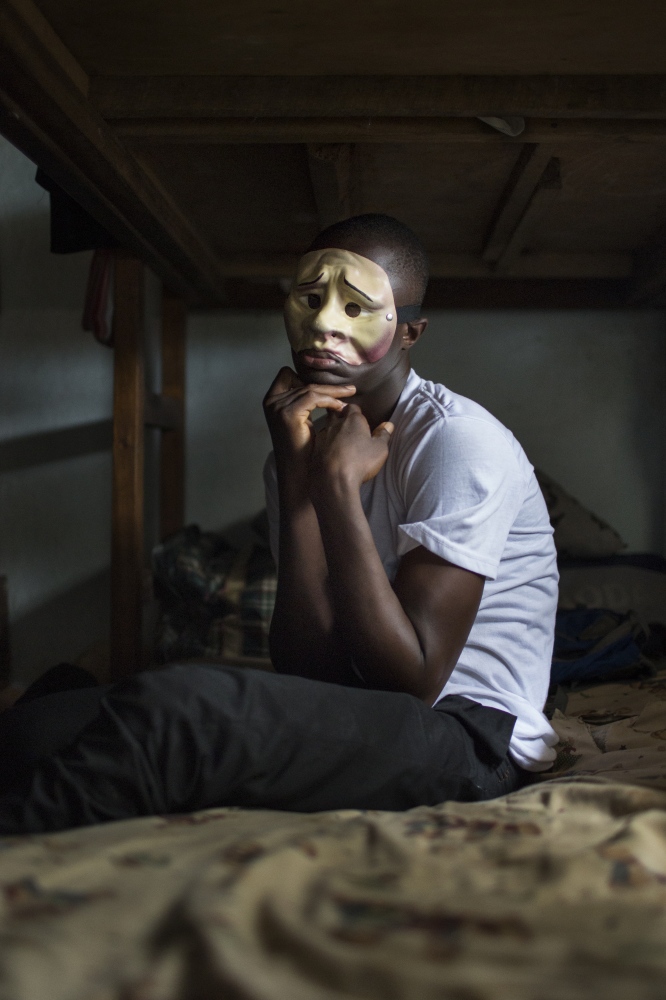
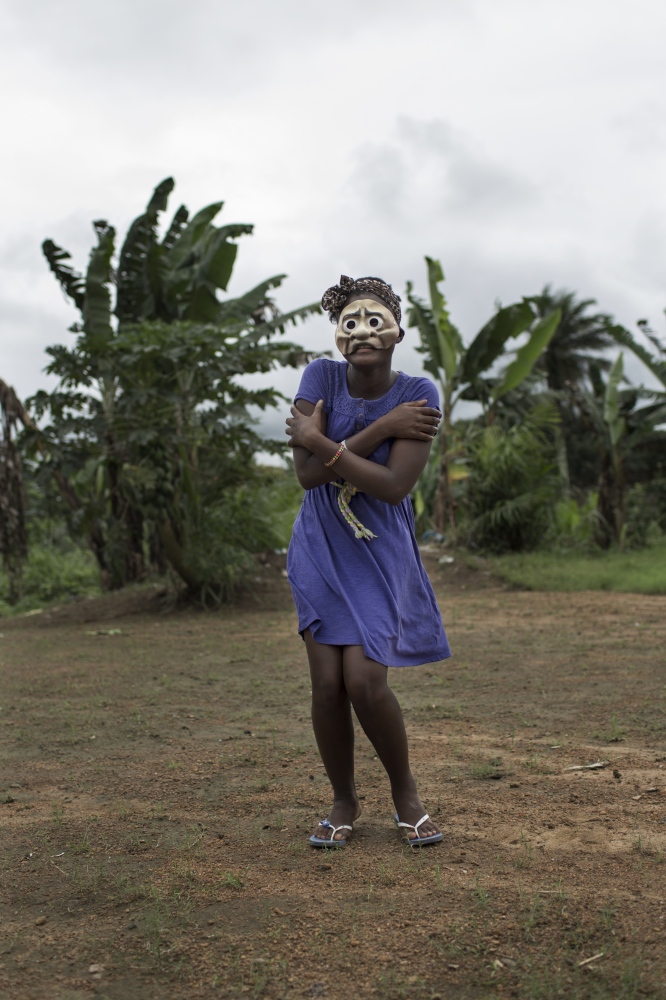
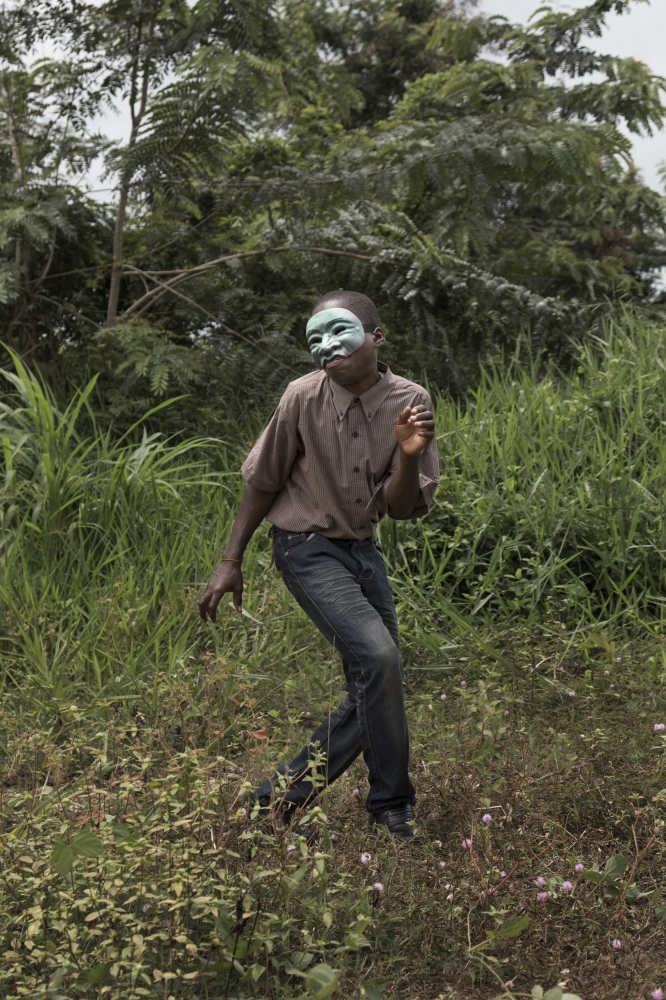
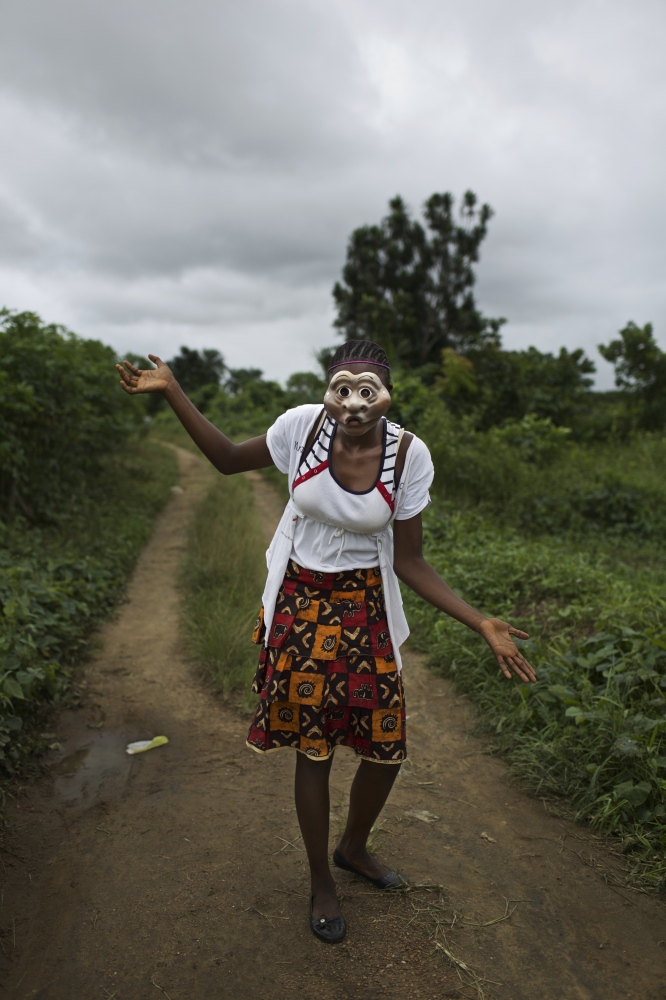
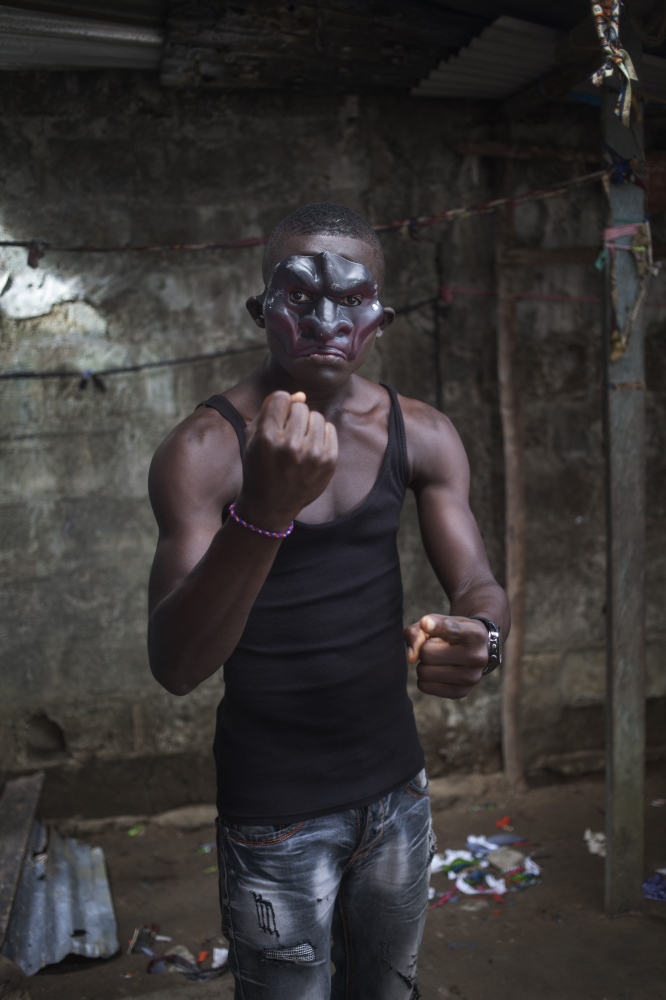
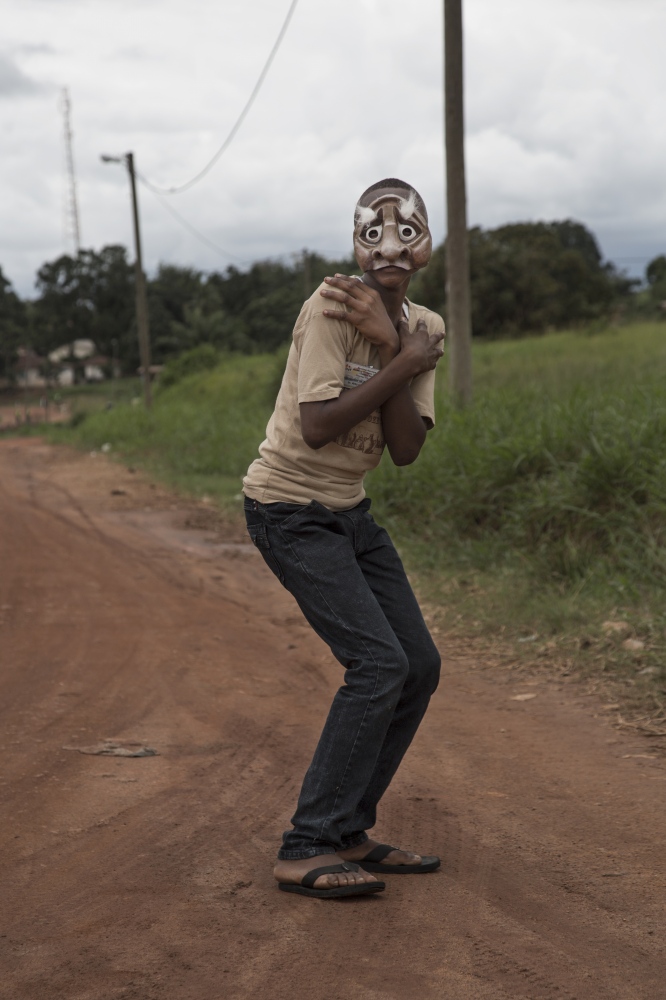
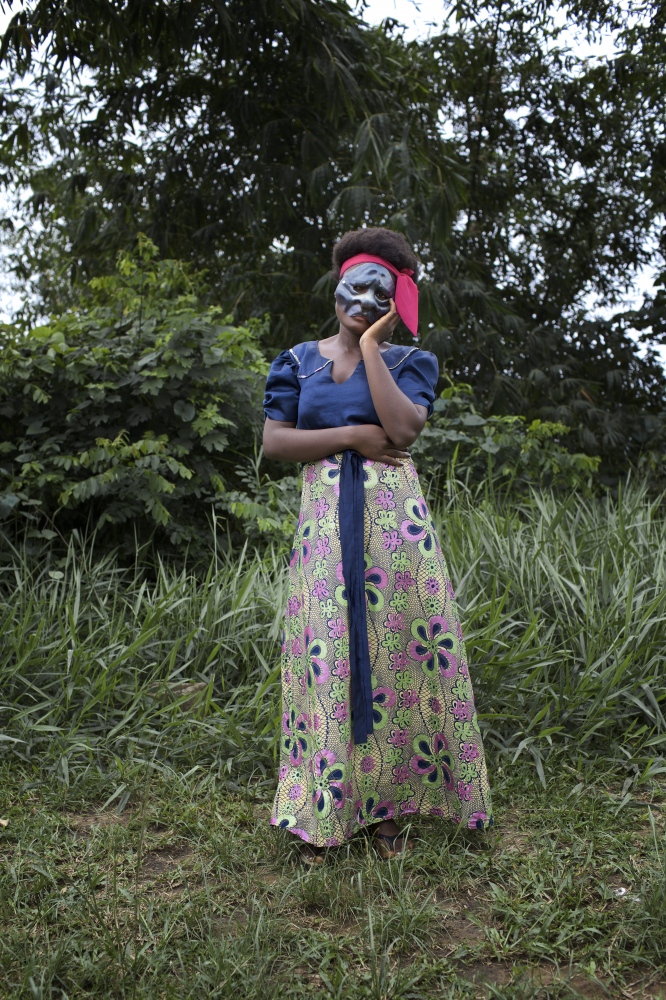
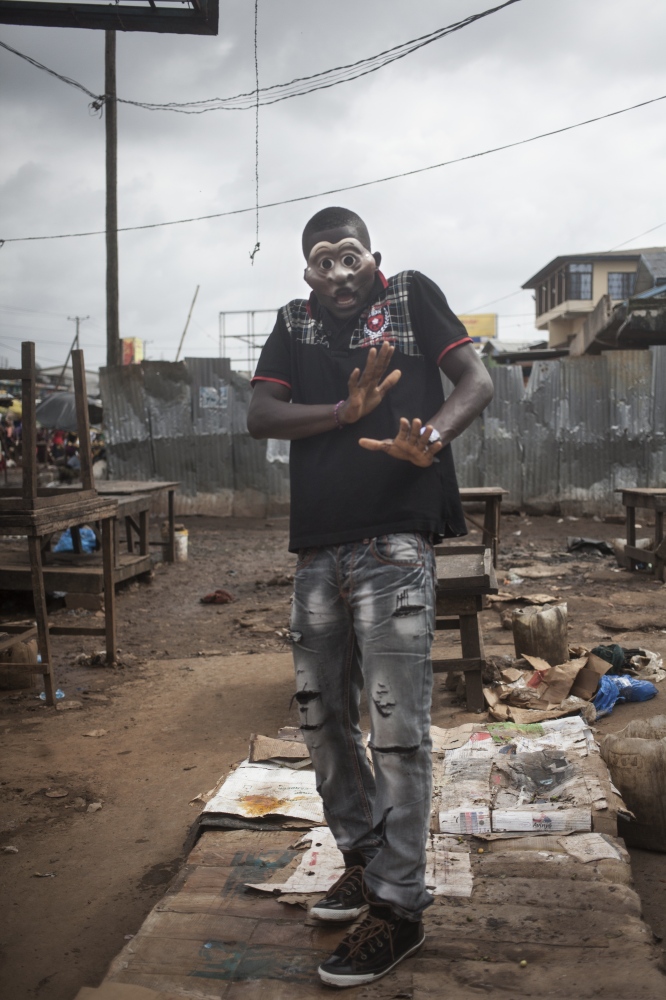
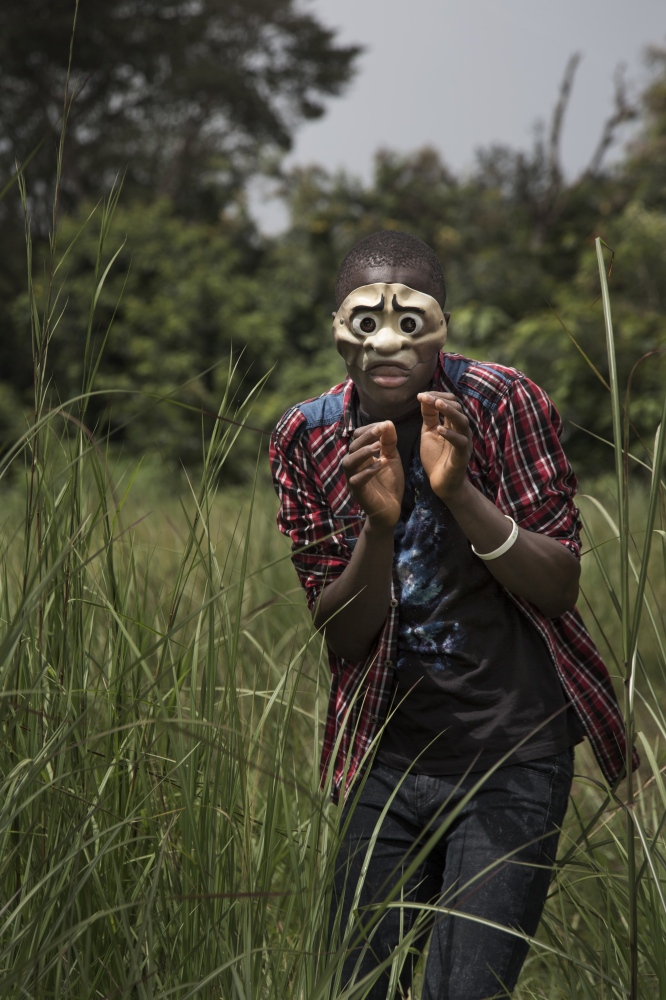
As a photographer who has worked in Liberia on several occasions, I was keen to return to this West African country in the aftermath of the Ebola epidemic. While the world's media attention shifted its attention away from Liberia post-Ebola, I was curious to see how those whose stories I had previously told, as well as other Liberians, were coping with yet another difficult experience.
The media silence suggests that people move on, and yet many are still struggling with the aftermath of the recent epidemic. While the rise in other diseases, like measles, as a result of the focus on Ebola is well documented, few are aware of such other consequences as an increase in cases of child abuse or child prostitution, as orphans make for easy targets.
During my recent trip to Monrovia, I had the opportunity to cooperate with grass-roots organization called B4 Youth Theatre. It employs art as therapy in the process of empowering children, and to help them deal with difficult experiences. These young people create songs and plays that address such issues as sexual abuse: as orphans, as students caught up in a "sex for grades" trap, and as children growing up with the stigma associated with Ebola.
In their plays, children use specially designed masks that portray basic human emotions, like joy, sorrow, fear, anger, awe, disgust, shame, ambivalence and pride. These masks allow actors to express strongly felt emotions associated with hurtful or painful experiences without exposing the "˜self', and to work towards healing and closure.
For this project I decided to photograph some of these young amateur actors in real world settings by "˜protected' by their masks: in streets in the towns where they live or even in their own back yards so as to connect their emotions to real places rather than a fictional stage.